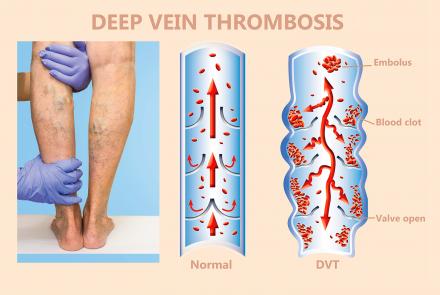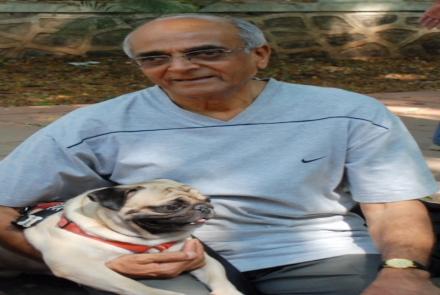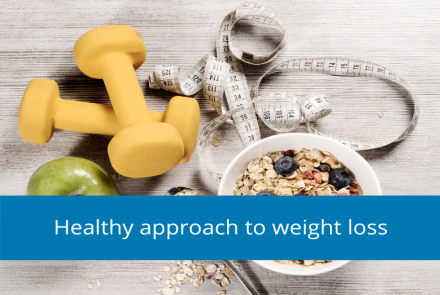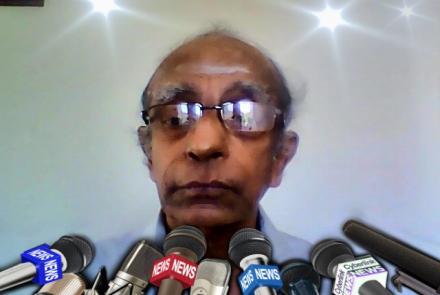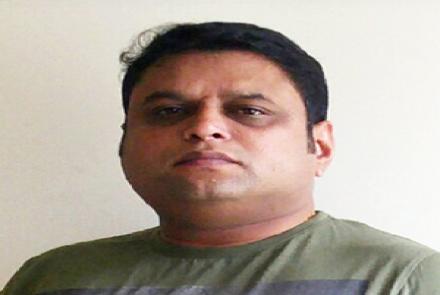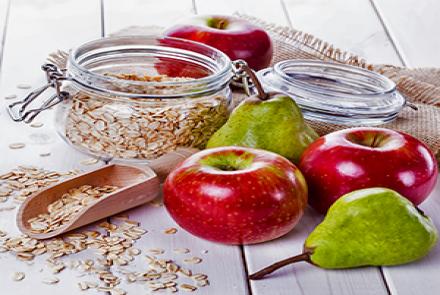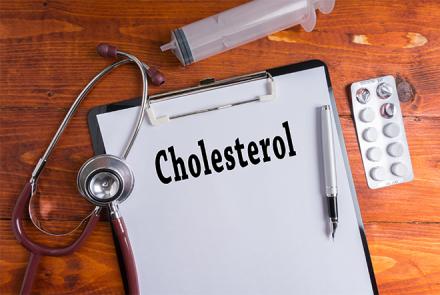
Heart diseases are the leading cause of death globally. Of these, about half the patients will undergo coronary angioplasty procedure at some time. Patients are then often faced with the choice of having a stent put in via angioplasty or going through a bypass surgery. So how do you make an informed decision with your doctor? Here are a few pertinent questions and answers by Dr. Shital Raval regarding the Stent vs Bypass dilemma.
These options should also be discussed with your doctor or Cardiologist.
What are the treatment options for heart disease?
Since heart disease is a chronic condition, management of cardiovascular disease on a daily basis is important. This will include taking prescribed medication on time, watching one’s diet, some form of daily exercise, loss of excess weight, reducing alcohol and tobacco usage and avoiding stress. Watching out for any usual signs and symptoms of a heart failure and getting tests conducted regularly is imperative.
What is a stent?
A stent is a tiny tube made of wire mesh that fits into any blood vessel. It then provides support for the damaged vessel wall while keeping it open for improved passage of blood. The aim is to prevent narrowing of the arteries and reducing the chances of re-stenosis (re-closing).
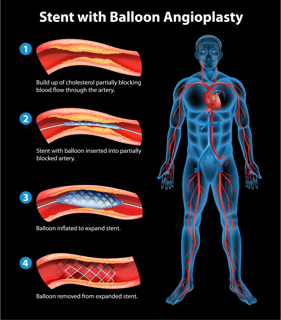
Pic credit:secondscount.org
In recent years, newer stents with drug eluting abilities have been developed. These stents are coated with medications that prevent scar tissue formation at the site of the stent insertion and reduce chances of re-stenosis.
What does the angioplasty procedure entail?
Angioplasty can be offered to patients with up to 3 narrowed arteries as long as the arteries are suitable for stenting. A balloon catheter is inserted via an artery till it reaches the section of the artery that needs to be widened. The balloon is then inflated causing forced widening. This procedure is usually done for patient with atherosclerosis. Coronary stenting often accompanies the angioplasty procedure. Patients are usually put on blood thinners for a month along with aspirin to prevent any clot formation on the stent.
What is coronary artery bypass graft (CABG) surgery?
As the name ‘bypass’ suggests, a detour is needed to be made around the blocked arteries. The surgeon commonly uses an artery or vein to create this bypass. Normally a portion of a healthy vessel from the leg, chest or arm is used.
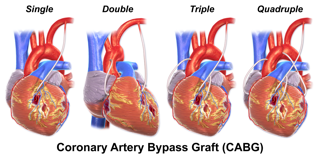
Pic credit:Commons Wikimedia
The minimally invasive approach to conventional CABG is called MIDCAB or minimally invasive direct coronary artery bypass. Here, the surgeon does not cut through the sternum or use the heart-lung machine. Few incisions are made between ribs for easy access to the arteries. This makes the surgery less traumatic and reduces the hospital stay and recovery time. Patients with no more than 2 blocked arteries are eligible for MIDCAB.
When is CABG offered over stenting?
Patients who have blockage or narrowing in their left main coronary artery or with more than 2 blocked arteries are generally asked to consider bypass surgery. Additionally, for patients with diabetes or heart failure, a heart bypass is recommended as it has better survival outcomes.
Related Reading: Understanding the maze of cardiac tests
What is the recovery time for both?
Since angioplasty is commonly done on patients with a less severe artery disease, and is a minimally invasive procedure, the recovery time is also faster. Complete recovery from a traditional CABG may take 6 to 12 weeks. For MIDCAB, this time is much less.
How many such procedures does the hospital or the doctor perform annually?
This question matters because the experience of the doctor and hospital in managing such procedures matters. Additionally most cardiologists do boast of performing upward of 100 plus procedures a year. Also, past records and speaking to patients who have undergone the procedure may be helpful in coming to a decision.
Why is one offered over the other?
It is always best to directly ask your Cardiologist why one procedure was offered over the other. He or she may be the best person to answer why he/she believes what is most suitable for you. Your doctor will discuss the decision-making process which relies on your overall health, severity of the heart disease, other conditions (like diabetes, lung diseases, heart valve problems, etc), factors such as age or low immunity etc. Make sure your doctor is aware of your complete medical history and can evaluate all the factors. New research studies and findings can also impact the ever-evolving treatment practices. Speak to your doctor about what’s right for YOU. If you are uncertain or uncomfortable with your options, seek a second opinion.
References:
1. Angioplasty Versus Bypass Surgery for Coronary Artery Disease. Andrew D. Michaels and Kanu Chatterjee. Circulation. 2002;106:e187-e190, published online before print December 3, 2002
3. https://www.bhf.org.uk/heart-matters-magazine/medical/heart-bypass-surgery/cabg-vs-angioplasty
4. https://www.verywell.com/stents-or-bypass-surgery-1745725

